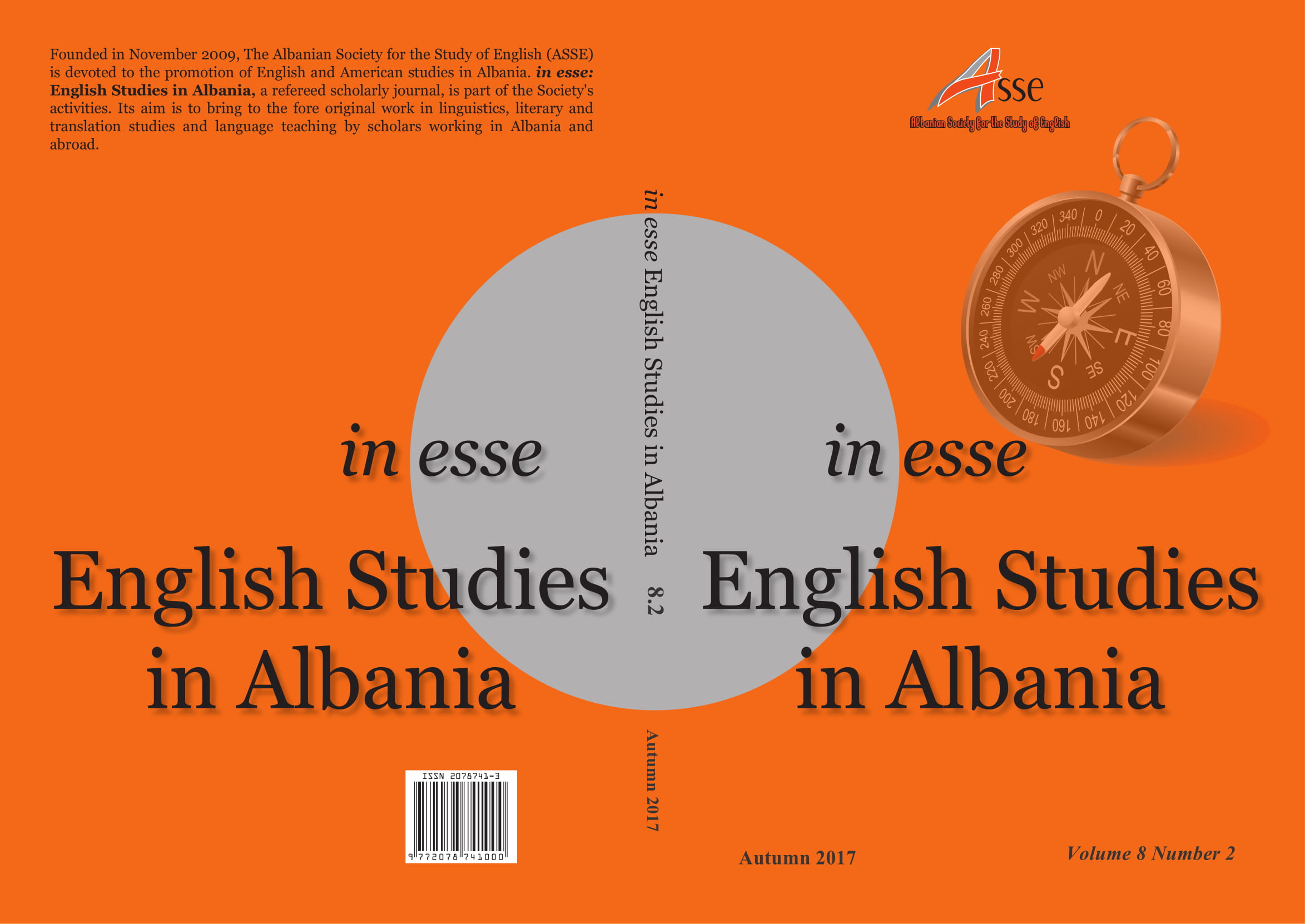“Things are changing under the skin of England” : Representation of immigrant encounters in Hanif Kureishi’s ‘Borderline’
“Things are changing under the skin of England” : Representation of immigrant encounters in Hanif Kureishi’s ‘Borderline’
Author(s): Yağmur DemirSubject(s): Anthropology, Language and Literature Studies, Studies of Literature, Sociology of Culture, Sociology of the arts, business, education, Migration Studies, Ethnic Minorities Studies, Theory of Literature
Published by: Albanian Society for the Study of English
Keywords: hybridity; liminality; Third Space; diaspora;migrant writing
Summary/Abstract: This paper analyses Hanif Kureishi’s lesser known play Borderline (1981). In this work, written under the influence of 1980 Southall Riots, Kureishi addresses the problems of immigrants living in England and depicts how the idea of Englishness is challenged by the immigrants who are engaged in racist politics, suffer from identity crisis, and strive to gain a sense of belonging. Both first-generation and second-generation immigrants who are unable to feel the sense of belonging in the host land (England) are depicted as occupying in-between spaces. A portrait of an immigrant Pakistani family, each member of which goes through different stages of adjusting themselves to the society they have joined is presented along with other immigrant characters in the play. To fight with the injustice and racial abuse, a group of second-generation immigrants establish an organisation called Asian Youth Movement. Although it is implied that England and English people are not ready yet to embrace other cultures, immigrants, especially second-generation immigrants, endeavour to make England “habitable.” In the play, Pakistani immigrants are portrayed as subject to certain changes during the integration process, which in the long-term will have permanent effects on English national identity, culture and society. This paper aims to display how immigrants (despite being considered a threat) try to overcome the difficulties they face in the host land, and in the meantime inevitably make a change in the English culture.
Journal: in esse: English Studies in Albania
- Issue Year: 8/2017
- Issue No: 2
- Page Range: 63-80
- Page Count: 18
- Language: English

